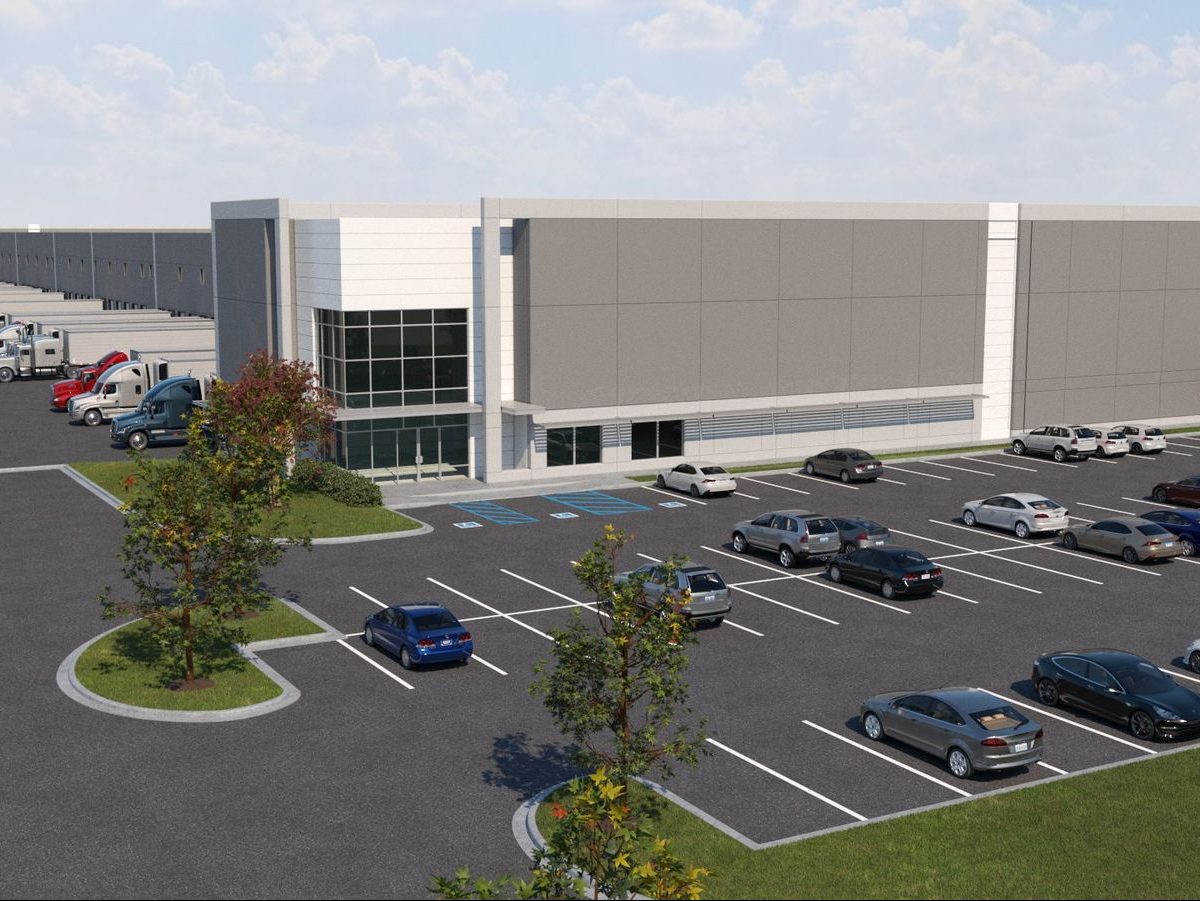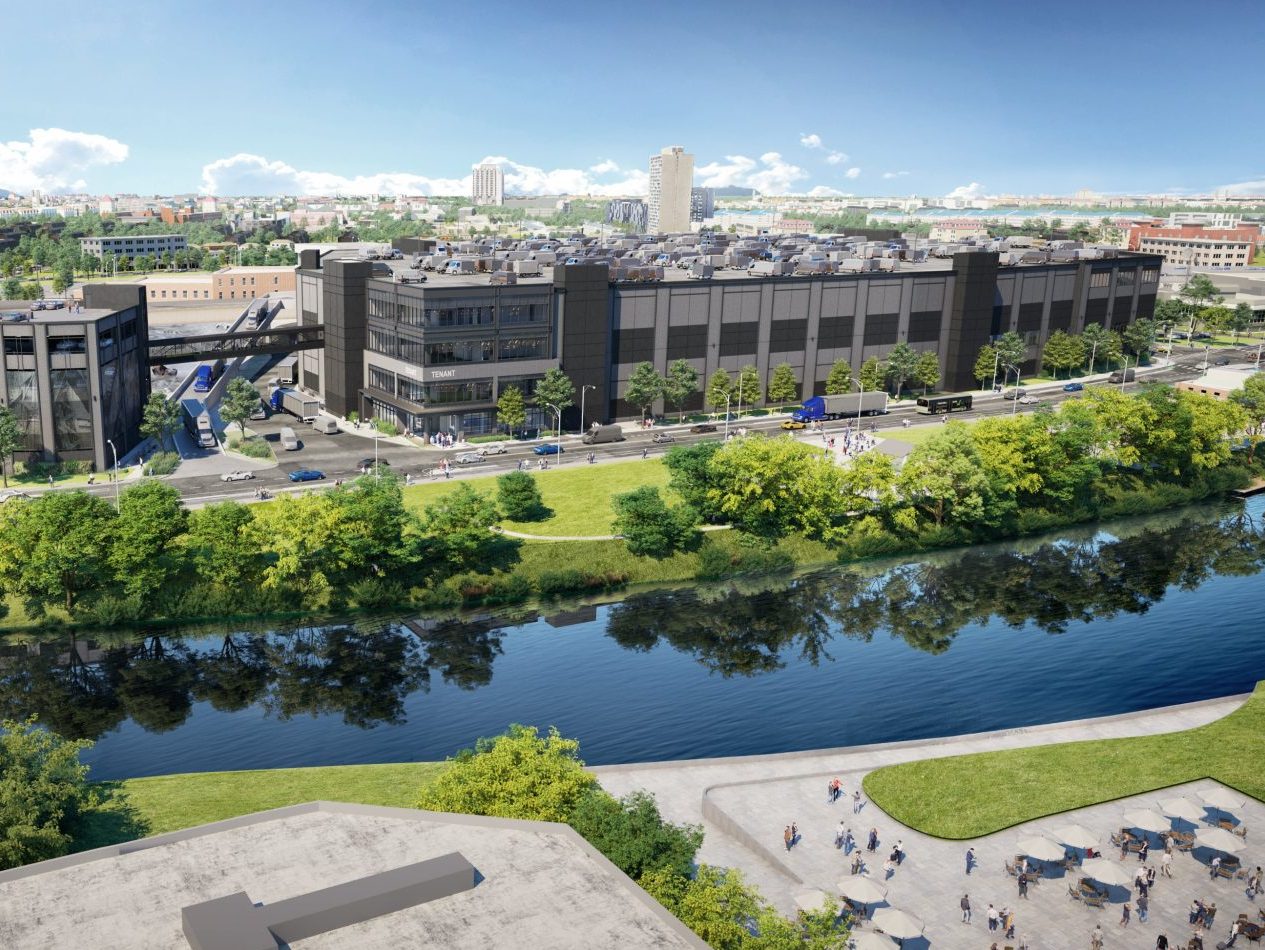Atlanta Hotels Win Big With Super Bowl
The city’s hospitality sector recorded higher than anticipated RevPAR and ADR growth for game weekend, reveals a new analysis by STR Inc.
Super Bowl LIII’s impact on its host city’s lodging market was not exactly what experts had anticipated. In December 2018, STR Inc.’s Consulting & Analytics office forecasted such positive outcomes as a tripling in guestroom rates during game weekend in Atlanta, and now the hospitality sector research company’s newly released analysis shows the city’s hotel performance growth surpassed expectations.
STR’s analysis covers the nights of Friday, February 1 through Sunday, February 3, the day of the football game at Mercedes-Benz Stadium, and encompasses metropolitan Atlanta’s 99,918 guestrooms. Market occupancy rose 40 percent to 75.9 percent and revenue per available guestroom reached $239.17, marking an increase of 387.2 percent.
“RevPAR growth came in a bit higher than our forecast of 350 percent, but the impact was still a bit lower than previous Super Bowl hosts because of Atlanta’s significant market size,” Carter Wilson, senior vice president of consulting & analytics with STR, said in a prepared statement. “The primary factor in measuring the Super Bowl lift is market size, followed by seasonality. Markets with more rooms to fill are more limited in their RevPAR gains, while smaller markets tend to demonstrate greater pricing power. Considering the size of the market, the 387 percent jump in RevPAR is actually quite remarkable.”
The average daily rate buoyed the growth in RevPAR, climbing 246.5 percent to $314.97. STR had anticipated that ADR would be in the $270 range. Hotels in the immediate vicinity of the stadium in downtown Atlanta recorded an 812 percent increase in RevPAR to $617.37.
“Hoteliers operating in any Super Bowl host city reap huge benefits during the days surrounding the game but need to be aware to budget similar-sized drops in year-over-year comparisons for the following year,” Wilson told Commercial Property Executive.
The unknowns
When game day is over, so is the surge in hotel market fundamentals. In terms of any residual effect a Super Bowl might have on its host city’s lodging performance, none has been identified. “Not that we’ve been able to measure to any significant degree,” Wilson told CPE. “Because we are looking at the performance of large markets, it’s difficult to tease out of the data any minor lingering impacts due to the Super Bowl.”
It’s also unclear if the bump in hotel performance follows the winner in any capacity, if the home city of the Super Bowl winning team reaps any conveyed benefits in its hotel market. “Again, this is difficult—if not impossible—to measure. There could be some direct hotel impact based on events like the victory parade. Indirectly, it’s likely that the host city benefits from having exposure to travelers who may not have visited the area before and would now potentially bring back more business in the future,” Wilson said.
Image courtesy of STR Inc.








You must be logged in to post a comment.